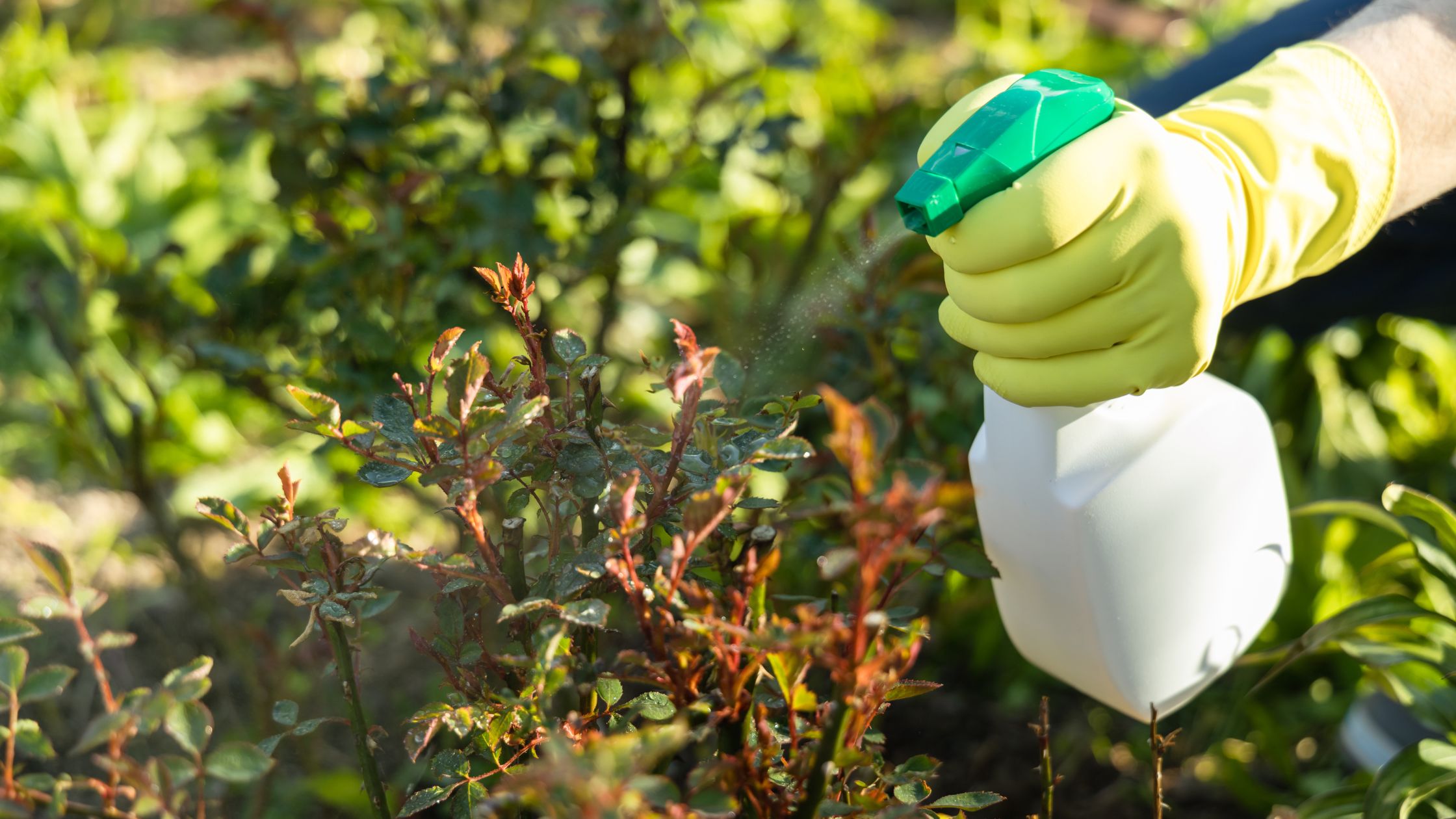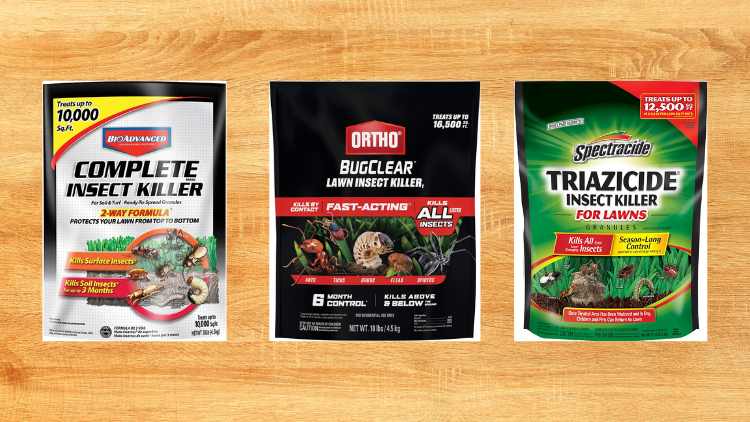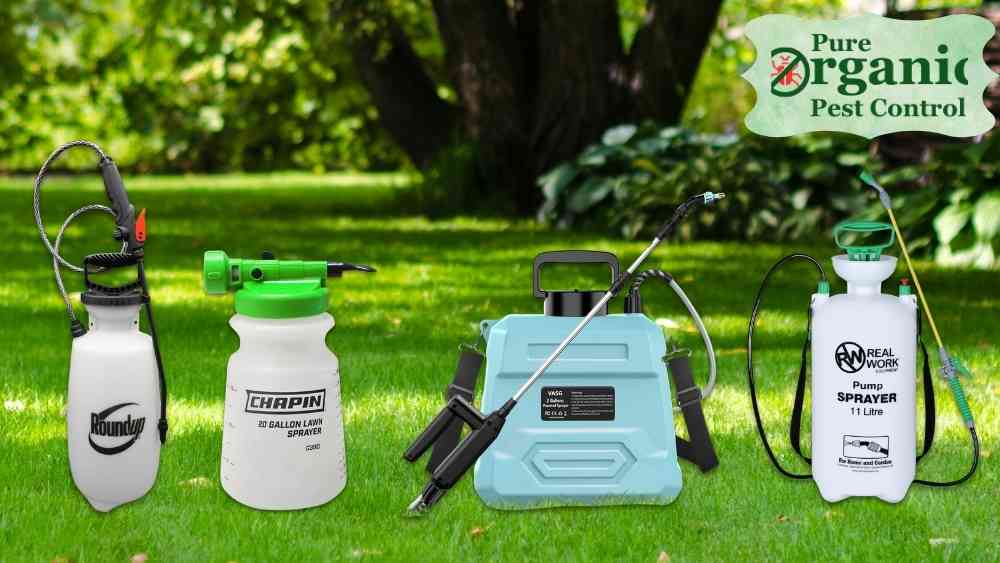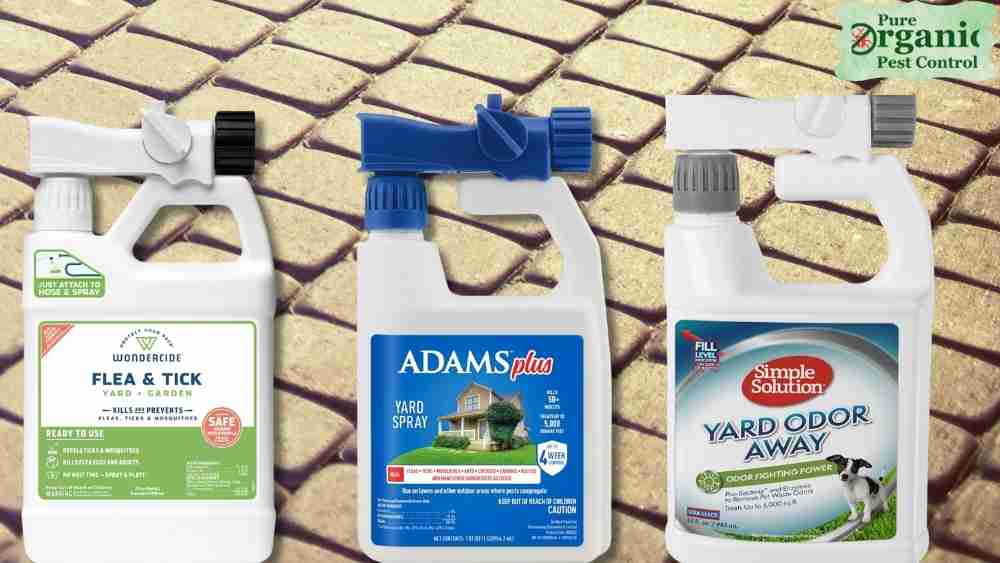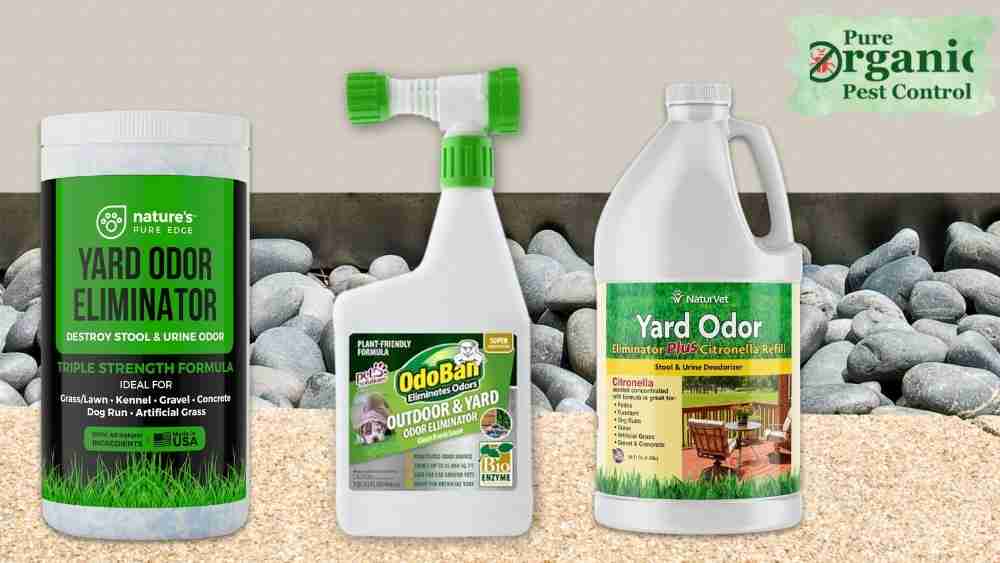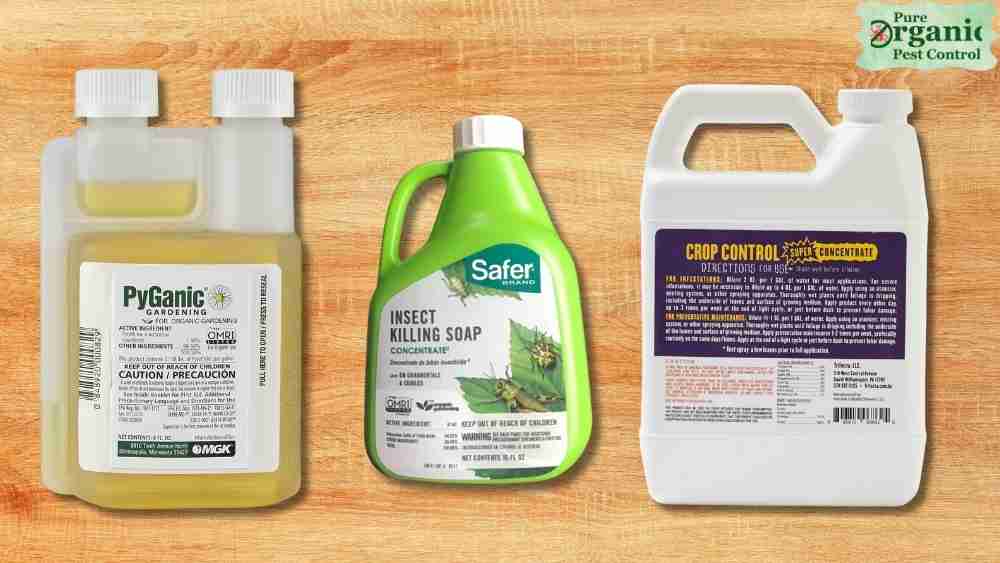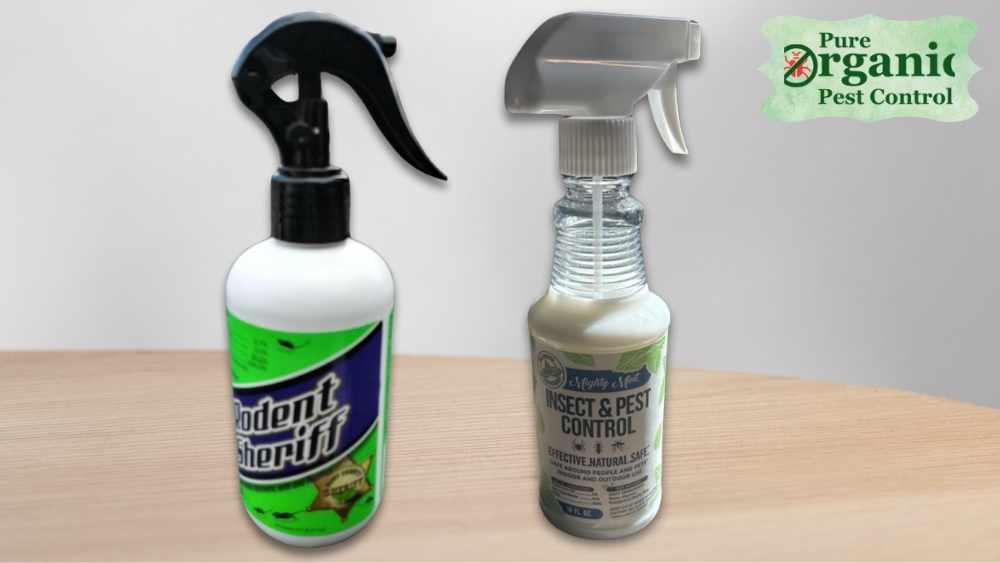Pest control can feel like a daunting task, but with the right strategies, you can manage pests effectively in your home. Whether you’re dealing with ants, roaches, or rodents, using the right methods can help keep your living space pest-free. In this article, I’ll share the top 10 effective pest control methods that you can implement in your home to safeguard your space from unwanted guests.
Maintain Cleanliness
One of the simplest and most effective pest control methods is keeping your home clean. Pests are often attracted to food and waste, so make it a habit to regularly clean your kitchen and dining areas. Wipe down counters, sweep floors, and take out the trash frequently. By minimizing crumbs and spills, you’ll reduce the chances of attracting pests.
Tip
Consider using airtight containers for food storage. This prevents pests from getting to your food and reduces the chances of infestations.
Seal Entry Points
Pests can enter your home through the tiniest cracks and crevices. Conduct a thorough inspection of your home to find any potential entry points. Use caulk or sealant to close gaps around windows, doors, and foundations. By sealing these entry points, you can significantly reduce the chances of pests finding their way into your home.
Tip
Don’t forget to check areas like utility lines and vents. These can be overlooked and are often easy entry points for pests.
Use Natural Repellents
Many natural substances can repel pests without using harsh chemicals. For example, essential oils like peppermint, lavender, and tea tree oil are known to deter insects. You can mix a few drops of these oils with water and spray the mixture around entry points and areas where you’ve noticed pests.
Tip
You can also use vinegar and baking soda as natural cleaning agents. They are great for removing scents that attract pests and can help eliminate their food sources.
Implement Traps
Using traps is one of the most effective pest control methods, especially for rodents and insects. There are various types of traps available, including sticky traps for insects and snap traps for rodents. Place these traps in areas where you’ve seen signs of pest activity. Remember to check them regularly and dispose of any captured pests humanely.
Tip
If you have a rodent problem, try placing traps along walls or in dark corners where rodents like to travel. This increases your chances of catching them.
Maintain Your Yard
Pests don’t just live inside your home; they can also thrive in your yard. Maintaining your outdoor space can help keep pests at bay. Keep your lawn well-trimmed, remove debris, and avoid standing water, which can attract mosquitoes. If you have a garden, consider planting pest-repellent plants like marigolds and basil.
Tip
Regularly inspect the exterior of your home for signs of pest activity. This proactive approach can help you catch infestations before they become serious.
Proper Waste Management
Effective waste management is crucial for preventing pest infestations. Make sure your garbage bins are sealed tightly and take out the trash regularly. If you have outdoor compost, ensure it’s maintained properly, as it can attract pests if not managed well.
Tip
If you notice an increase in pests around your waste bins, consider moving them away from your home or using a pest-proof bin.
Use Pest Control Products
If natural methods aren’t enough to control the pests in your home, consider using pest control products available at local stores. Look for products specifically designed for the type of pest you’re dealing with. Always follow the instructions on the label for effective and safe use.
Tip
If you’re unsure about which product to use, ask a professional for recommendations tailored to your specific situation.
Monitor Humidity Levels
Many pests thrive in humid environments, so keeping humidity levels in check can help deter them. Use dehumidifiers in damp areas like basements and bathrooms. Additionally, ensure proper ventilation throughout your home to reduce moisture buildup.
Tip
You can also use silica gel packets in areas prone to humidity to absorb excess moisture.
Regular Inspections
Conducting regular inspections of your home is key to catching pest problems early. Look for signs of pest activity, such as droppings, gnaw marks, or nests. By identifying problems early, you can implement effective pest control methods before they escalate into larger infestations.
Tip
Create a seasonal checklist to remind yourself to check various areas of your home, such as attics, basements, and garages, for potential pest issues.
Call a Professional
If your pest problem becomes overwhelming, don’t hesitate to call in the professionals. Pest control experts have the training and tools to tackle infestations effectively. They can assess your situation and provide you with the best pest control methods tailored to your specific needs.
Tip
Before hiring a pest control service, do some research. Look for reputable companies in your area and read reviews to find one that fits your needs.
Conclusion
In conclusion, managing pests in your home doesn’t have to be a stressful experience. By using these top 10 effective pest control methods, you can create a healthier and safer living environment for yourself and your family. Remember, maintaining cleanliness, sealing entry points, and using natural repellents are crucial first steps in pest prevention.
If you ever find yourself overwhelmed by a pest problem, don’t hesitate to reach out for professional help. Effective pest control methods can make a significant difference in keeping your home pest-free. I hope you find these tips helpful, and good luck in your pest control efforts!

